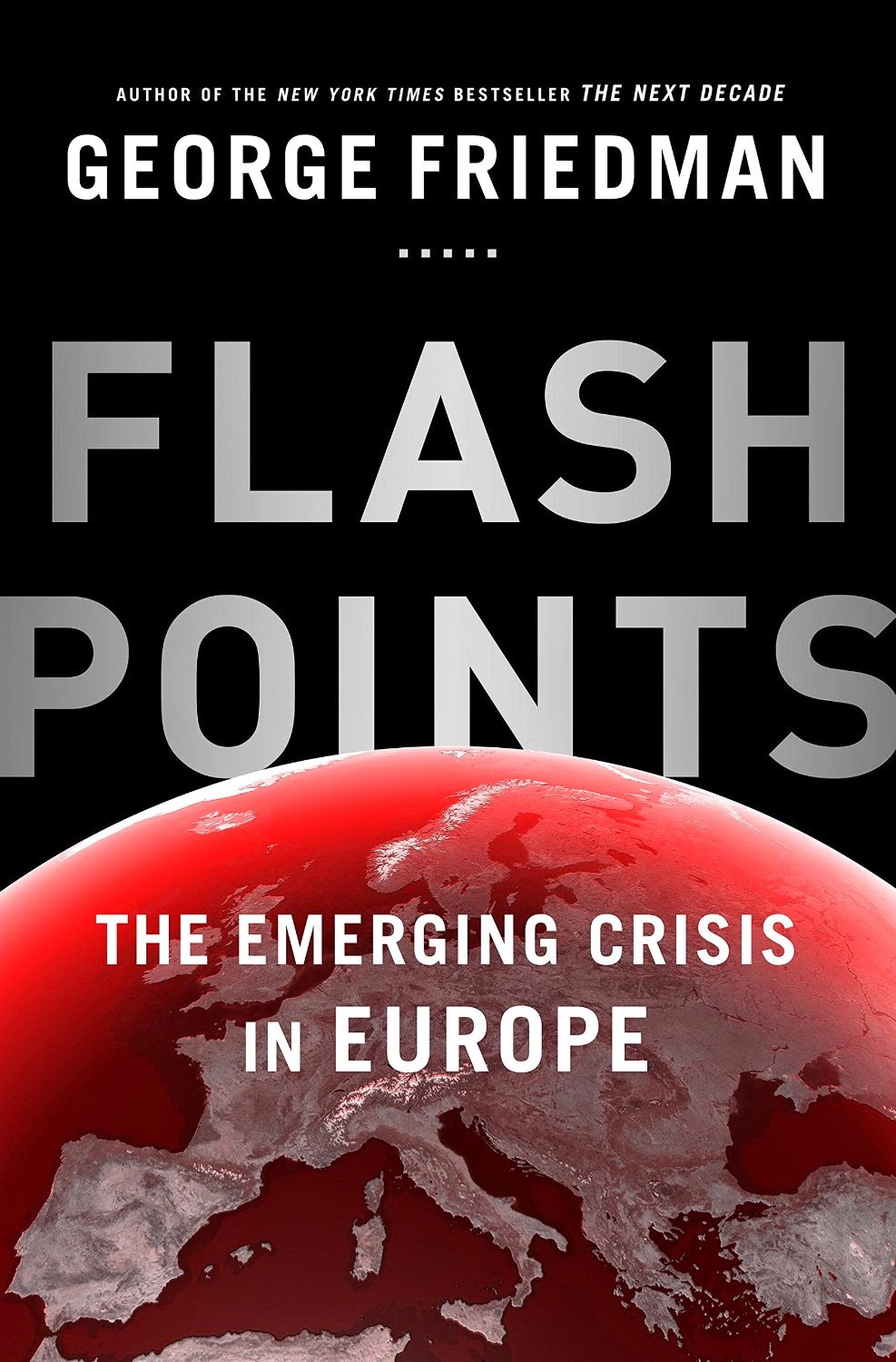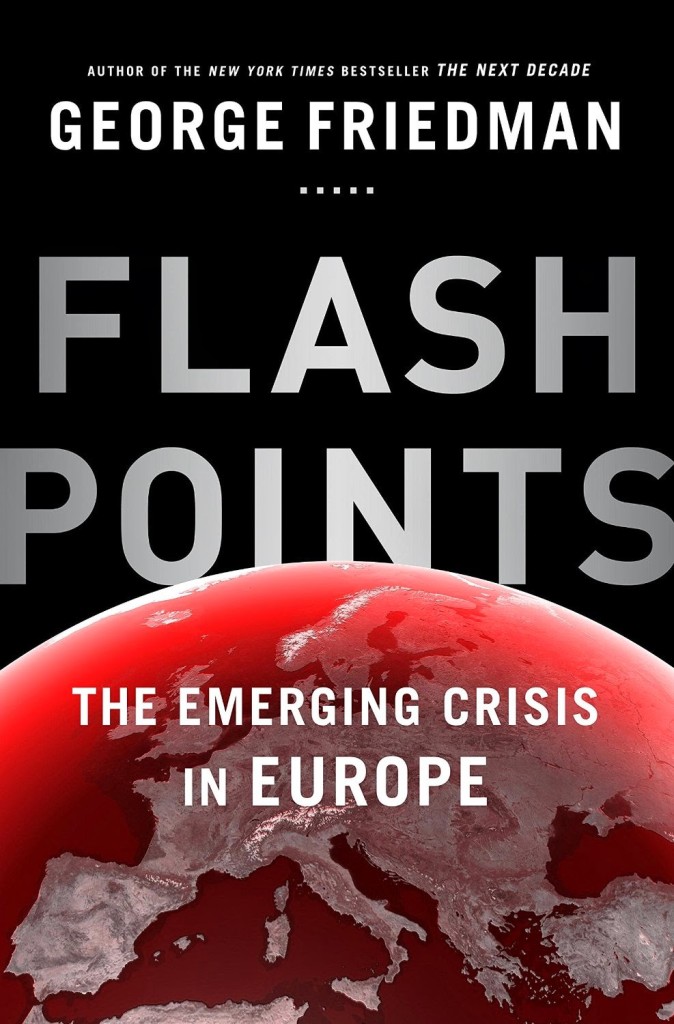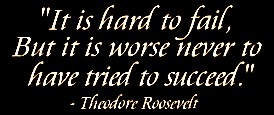
Book Review of Flashhpoints By George Friedman
 A new book has just been released by one of the leading voices in the realm of geopolitics, George Friedman. Entitled Flashpoints: The Emerging Crisis in Europe
A new book has just been released by one of the leading voices in the realm of geopolitics, George Friedman. Entitled Flashpoints: The Emerging Crisis in Europe, 2015, Friedman delivers an unusual blend of geopolitical analysis and personal experience to describe the historical, present day, and future fault-lines along the borderlands on the European peninsula and its periphery. It shows how much it’s a small world after all.
The first chapter of the book is surprisingly, biographical. The author shares with us the story of his family’s origins in Hungary and his parents’ decision to emigrate to the United States shortly after the Second World War, in the pursuit of a peaceful and stable life. This sets the stage for his understanding of both the depth and power that each part of the world has on another.
Friedman then recounts Europe’s rise to world domination and the competition between the major sea-faring nations, from the first tentative explorations of the west African coast by the Portuguese in the the late 15th century, to Britain’s far-flung empire at the start of the First World War. Europe’s almost continuous state of warfare over this half millennium culminates in its most destructive period, the 31 years the author frequently alludes to, encompassing the two world wars.
With American prodding and financial assistance, France, Germany, the Benelux countries, and Italy take that fateful step to form a trade union (Treaty of Rome), precursor to the eventual forming of the European Union (Maastricht Treaty) in the hopes of mitigating any future discord amongst its participants.
This unfortunately, does not bring the end of hostilities, or continuing stability to Europe. Friedman demonstrates on a regional basis, which he calls borderlands, the ‘hotspots’ or ‘flashpoints’ that have recently erupted into all-out war, such as in the case of the Balkans, and the Ukraine.
As well, the emergence of more nationalistic right-wing parties in Europe’s core, and the unequal effects to the sovereign debt crisis between the North and south, have shattered the hopes of the E.U. remaining a panacea for those nations hoping to ameliorate their economic and political statuses by joining.
The author, in his well edited book, provides more In-depth analyses by focusing on key countries in Europe’s core as well as its periphery, i.e. England, Russia, and Turkey, revealing that despite treatise and mutual trade dependencies, the ties that bind are indeed fragile, and are prone to increasing flashpoints of discourse in the future.
 As the creator and head of Startfor, the leading private intelligence company in the world, Friedman travels extensively and has developed rare insights into the histories and machinations of most areas of the globe.
As the creator and head of Startfor, the leading private intelligence company in the world, Friedman travels extensively and has developed rare insights into the histories and machinations of most areas of the globe.
As is his custom, he has ‘packed a lot of punch’ into a relatively small book package (246 pages). He elegantly takes the reader on a brief historical journey of Europe from the enlightenment to the present and draws his conclusions and forecasts of Europe’s future based on rigorous analyses.
For those interested in straight-forward geopolitics written for a general readership, Friedman is one of the masters of the genre. Although, in contrast to previous works he takes time out of the ‘heavier’ analyses to share more personal encounters to some of the regions in question. it’s still very personal and still something which one can absorb and understand.
 This is a must-read, especially for readers concerned about the future of Europe, and the European Union, in particular. I would also recommend two previous titles by this author, The Next 100 years, 2009, and The Next Decade: Empire and Republic in a Changing World, 2010. In the former, Friedman takes the reader on a geopolitical ‘roller coaster’, as he predicts the relationships of all the major nations out to a century in the future.
This is a must-read, especially for readers concerned about the future of Europe, and the European Union, in particular. I would also recommend two previous titles by this author, The Next 100 years, 2009, and The Next Decade: Empire and Republic in a Changing World, 2010. In the former, Friedman takes the reader on a geopolitical ‘roller coaster’, as he predicts the relationships of all the major nations out to a century in the future.
Admittedly, he puts himself out on a tenuous branch in attempting such advanced prognostications, but the work is very illuminating and entertaining nevertheless. In the latter, the author hones in on the relationships between the United States and various countries, as well as focusing on the demographic, technological, and economic issues facing America in this decade.
Quotes About Writing
You May Also Like

You Improve Your Writing Skills, You Will Improve Your Business (Even Make Money!)
October 25, 2009
Book Review: Very Good Lives by J.K. Rowling
April 19, 2015

8 Comments
Amy
Great job! best review yet. I didn't know he published the next 100 years
Lois
Wow, this is a grand jump from your previous posts, well done. I too didn't know those other books.
Anonymous
Love book. love images love post. Publish more blog post like this.
James
Is he a fiction writer? Whom else writes in this area?
Paul
this is a good post, love to read more about this author. Do you have more fiction authors you like?
Anonymous
was thinking disney when read title. Did not know much about author. Does publish in Romanian?
Anonymous
Good writing my friend!!! Much better sooner than I expect. Sounds like good book. Do you like teen novels too? I hope for one of them.
rebeccaemrich
This author doesn't write fiction, but some authors I can recommend that have blended fiction and non- fiction are Ken Follett ( his non-epic titles such as Jackdaws, Hornet Flight are historical fiction, taking place in WWII); Philip Caputo is an Pulitzer award-winning correspondent and author I recommend for his fiction and non-fiction, such as A Rumor of War, non-fiction about the Vietnam War; Greg Iles two WWII books of fiction come highly recommended, Black Cross and Spandau Phoenix. They are thrillers.